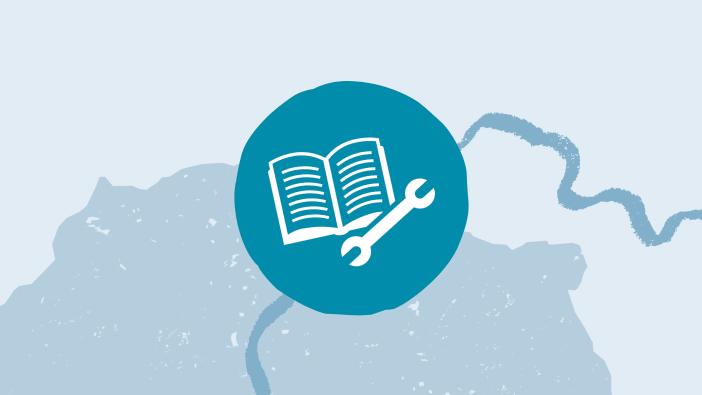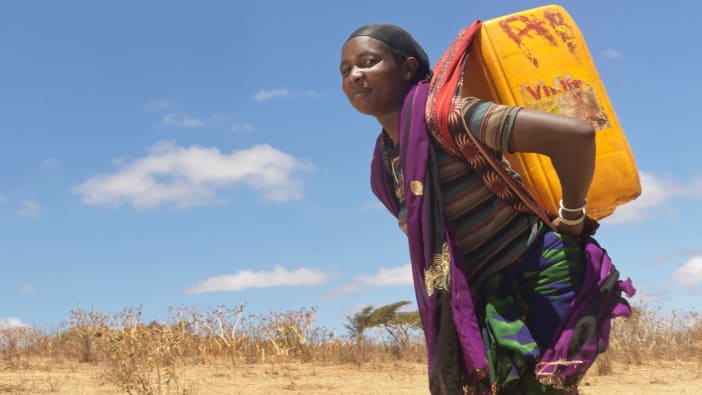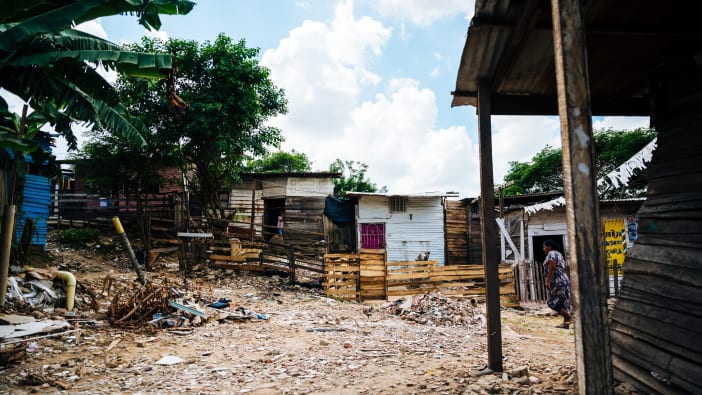- There are several different kinds of risk or hazard. Probably the most common are natural events such as floods, cyclones, earthquakes or droughts. Sometimes there is time to prepare; sometimes they may strike with no warning at all. Not all these events necessarily lead to a disaster situation. Indeed, sometimes they may even bring benefits. For example, flooding can improve soil fertility and cyclones may bring rainwater to very dry areas.
- Some risks are from problems caused by the activities of human beings. Drought, floods and landslides may be caused by cutting down too many trees. Crop failure may be the result of a government or local organisation encouraging an unsuitable crop or variety. Poor people may be forced to live in unsuitable or dangerous areas because there is no other land available to them.
- Some risks come through social problems such as terrorist action, war, refugee movements and racial tensions.
- Other risks may be more local and could include fires, serious road accidents, chemical leaks, high winds and landslides. Communities which have tourist attractions or which hold special festivals are also places where the unexpected could occur.
Discussion
- What kind of hazard would be most likely to threaten our community? Are there any warning signs? Draw up a list.
- What circumstances make certain hazards common in our community? You might include: building with grass or palm leaves, dry grass in the bush that may lead to bush fires, too much rain, insects destroying a crop or people living on steep hillsides.
- How well equipped are the local authorities to cope with any of these events?
- How well equipped is our community to deal with any of these events?









